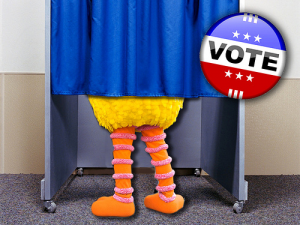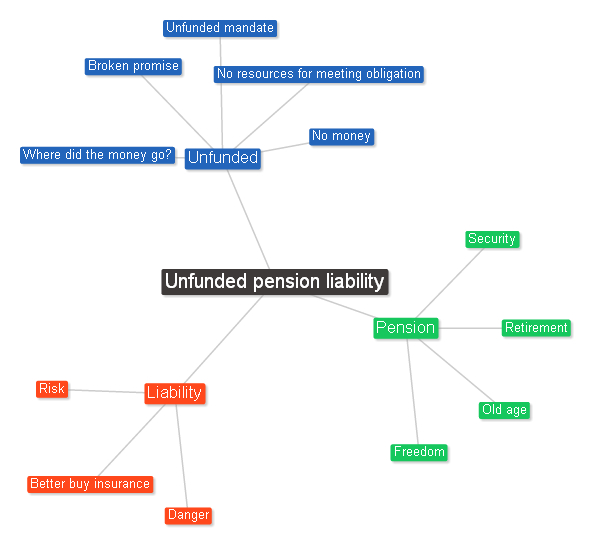As Slate blogger David Weigel has reported, James O’Keefe of Project Veritas (an Orwellian name) challenges Rep. James Sensenbrenner (R-WI) about an amendment he proposed to the Voting Rights Act.
Weigel observes:
There is no mention of the “Voting Rights Act” in the intro. It’s called “a part of federal law that gives Eric Holder the power to approve election law in 16 states,” and Sensenbrenner’s amendment is called “legislation to give [U.S. Attorney General] Eric Holder back power over state elections.” Framed that way, what conservative could possibly support it?
From a framing point of view, what strikes me is that O’Keefe’s language makes Eric Holder the issue. This seems like an attempt to repeat the success the right has had in discrediting the Patient Protection Act by calling it Obamacare. As I’ve pointed out, this name makes President Obama and people’s feelings about him the issue instead of the law’s contents.

Eric Holder Photo Credit: Organisation for Economic Co-operation and Develop via Compfight cc
Voting Booth Photo Credit: seeingimonkey via Compfight cc
 So how should Framologists reframe personalization? Instead of just saying that it isn’t about Eric Holder, we should make clear the values and principles at stake. I think these are:
So how should Framologists reframe personalization? Instead of just saying that it isn’t about Eric Holder, we should make clear the values and principles at stake. I think these are:
- Equality. No state or county should be allowed to discriminate against voters based on race or language.
- Protection. The American government has a responsibility to protect the rights of its citizens. In this case, the federal government is the proper level because some states have a history of racial discrimination in voting.
- Freedom. An abstract right to vote is meaningless if states or counties make it too hard to exercise. Protecting this right creates the freedom to vote.
So Framologists would explain that the amendment is about equality, freedom, and protection of Americans’ right to vote without discrimination. I’d recommend not naming Mr. Holder by saying, e.g., “It’s not about Eric Holder.” As George Lakoff has pointed out in Don’t Think of an Elephant, putting a no or not in front of the topic doesn’t stop people from thinking about the topic and their feelings and mental associations with it.
If it seems important to defuse the Eric Holder association, we could say something like, “If the amendment became law, of course we would expect the attorney general, whoever that might be, to enforce it. He should not only because it’s his job but because he would be protecting our right to vote and supporting freedom and equality.” That returns the subject where it belongs.
What do you think? Am I making too much of this?

